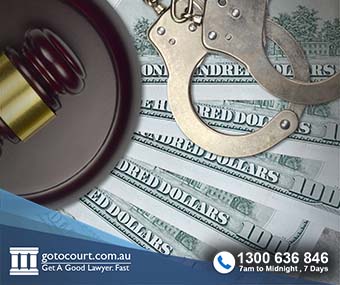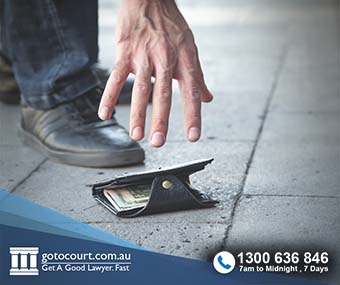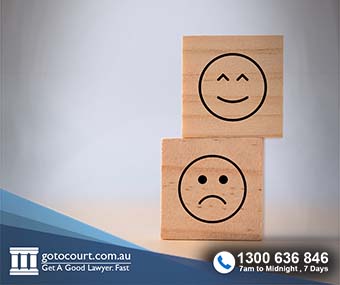Fraud in Tasmania
Since 2013 there has been a general offence of fraud in Tasmania under s 253A of the state’s Criminal Code. This is the most serious of the fraud-related dishonesty offences in Tasmania. A maximum penalty of 21 years imprisonment applies although, in practice, a much lesser penalty is usually imposed by the courts.
What is fraud in Tasmania?
The offence of fraud in Tasmania is committed when a person does any of the following things by using deceit or any fraudulent means, or with an intention to defraud:
- obtains property from a person
- induces or cause a person to deliver, transfer or assign property to someone else
- obtains a benefit for, or causes a detriment to, any person
- induces someone to do something that they are lawfully permitted not to do, or
- induces someone to refrain from doing something that they are lawfully permitted to do.
In addition to the general offence of fraud, there are a range of other, more specific dishonesty offences in Tasmania’s Criminal Code that apply in particular circumstances.
These include:
- obtaining goods or execution of a security by false pretences (ss 250 and 251)
- dishonestly acquiring a financial advantage (s 252A)
- cheating (s 252)
- fraud in respect of payment for work (s 253)
- fraud relating to the sale or mortgage of a property (s 254)
- fraud in relation to land titles (s 255)
- fraudulent false accounting (s 264), and
- frauds on creditors (s 296).
Intent to defraud in Tasmania
To commit fraud in Tasmania an accused person has to do one of the listed actions with ‘an intention to defraud’. This basically means that they intended to be dishonest.
The court will look subjectively at what the individual themselves actually intended, rather than what a reasonable person would most likely have intended.
Summary offences
Less serious fraud offences may be charged under the Police Offences Act 1935. If you are charged with an offence under this Act, it means that your case may be dealt with by the Magistrates Court and will be subject to lower maximum penalties.
Specific offences under the Police Offences Act 1935 include:
- obtaining the hire or use of a car by fraud (s 37C)
- making off without payment (s 38A), and
- computer-related fraud (s 43A).
It is generally up to the police or prosecutor to decide what offence will be charged in each individual case.
Computer-related fraud
Some fraud offences in Tasmania specifically relate to computers. In particular, s 257B of the Criminal Code creates the offence of computer-related fraud, which is one of the most frequently charged fraud offences in Tasmania. This will be charged when an individual has an intention to defraud and destroys or manipulates computer data or otherwise interferes with the lawful use of that computer or data.
Cases of computer-related fraud which are of a less serious nature may be charged under s 43A of the Police Offences Act 1935.
If you are charged with a summary offence the maximum penalty that applies is reduced to a fine of 20 penalty units and two years imprisonment.
If you believe you are the victim of computer-related fraud (cyber-crime), you can report it to police and to the Australian Cybercrime Online Reporting Network (ACORN).
Common fraud offences
Fraud can occur in many different contexts. The most common examples relate largely to government benefits, such as Centrelink or social security fraud, Workcover or Medicare fraud. These may arise where:
- you make a statement to the agency which exaggerates your condition of health or the severity of an injury
- you submit to the agency false documentation, or
- you claim a payment you know you are ineligible to claim.
Other examples include fraudulent activity in relation to credit cards, insurance, property, dating, and migration.
Defences
It may be possible to raise a defence against a charge of fraud depending on the particular circumstances. Possible defences include:
- if you honestly believed you were entitled to the benefit obtained by fraud, you might be able to claim honest and reasonable mistake of fact
- if you were threatened to carry out the conduct, you may be able to claim compulsion, or
- if you were seriously affected by a mental illness at the time, you might be able to establish insanity.
If you require legal advice or representation in any legal matter, please contact Go To Court Lawyers.








